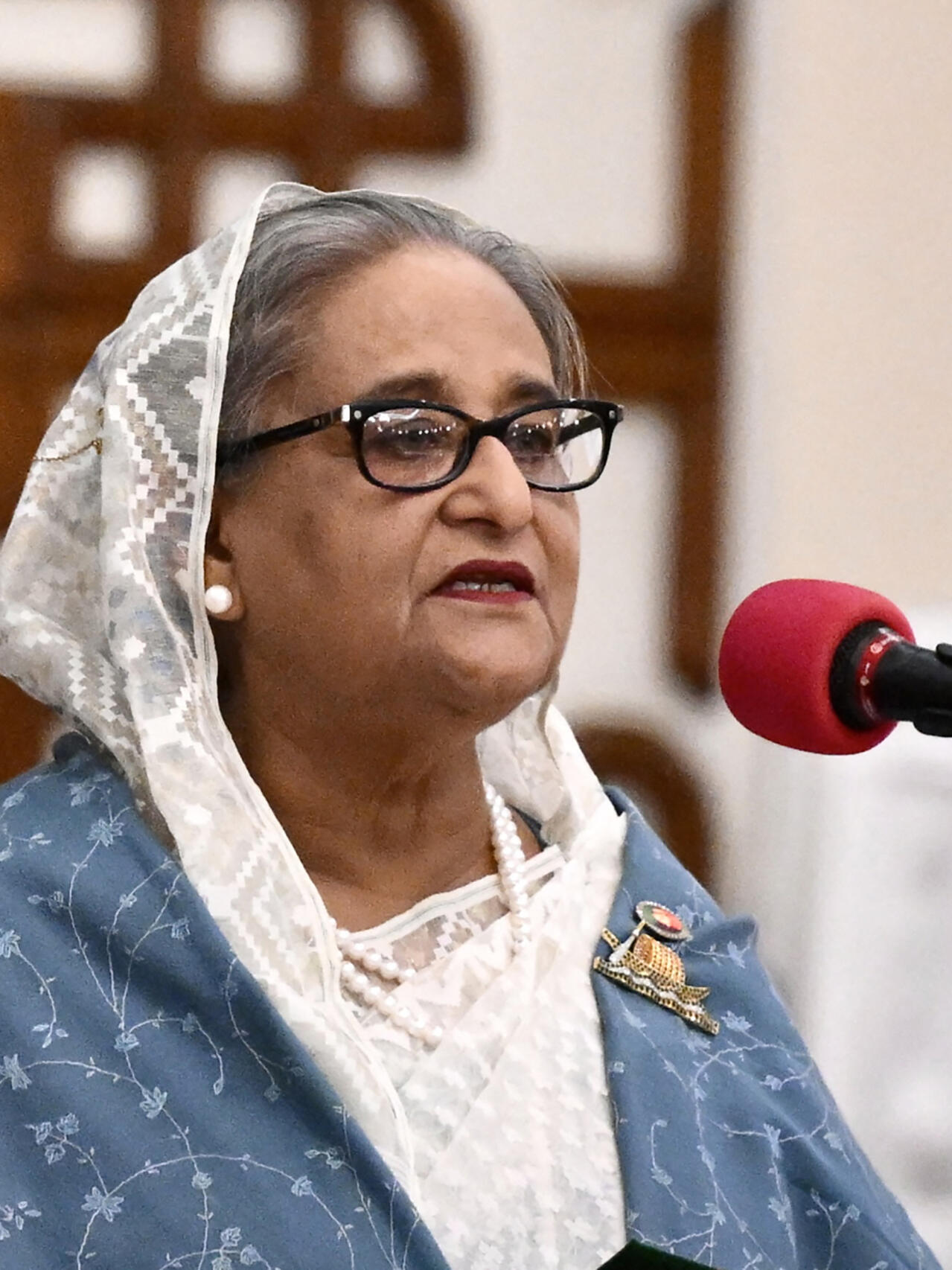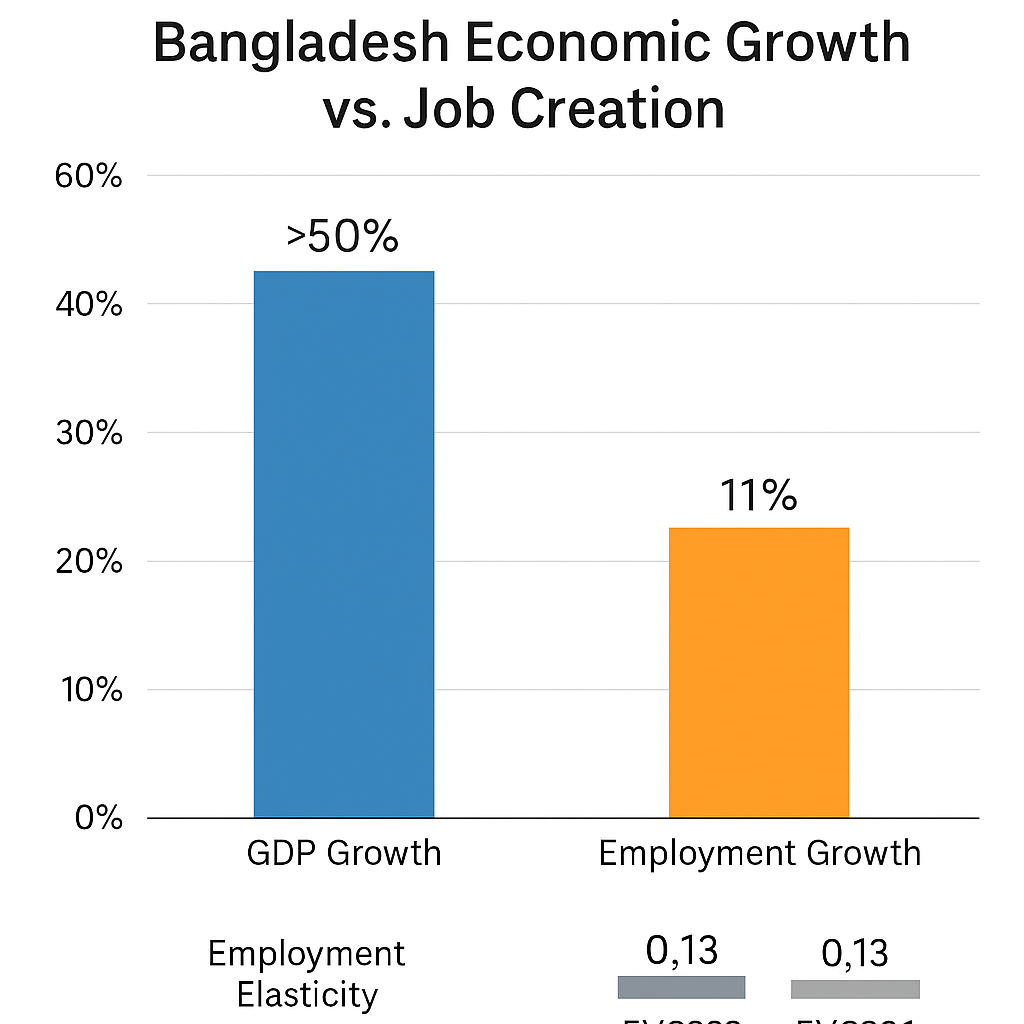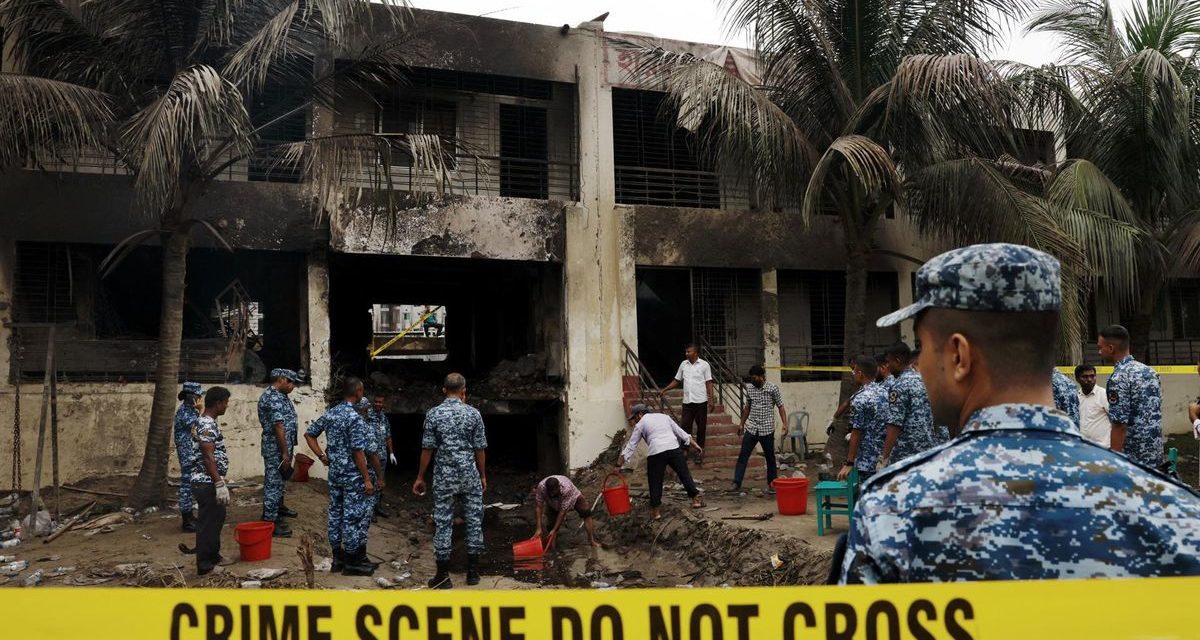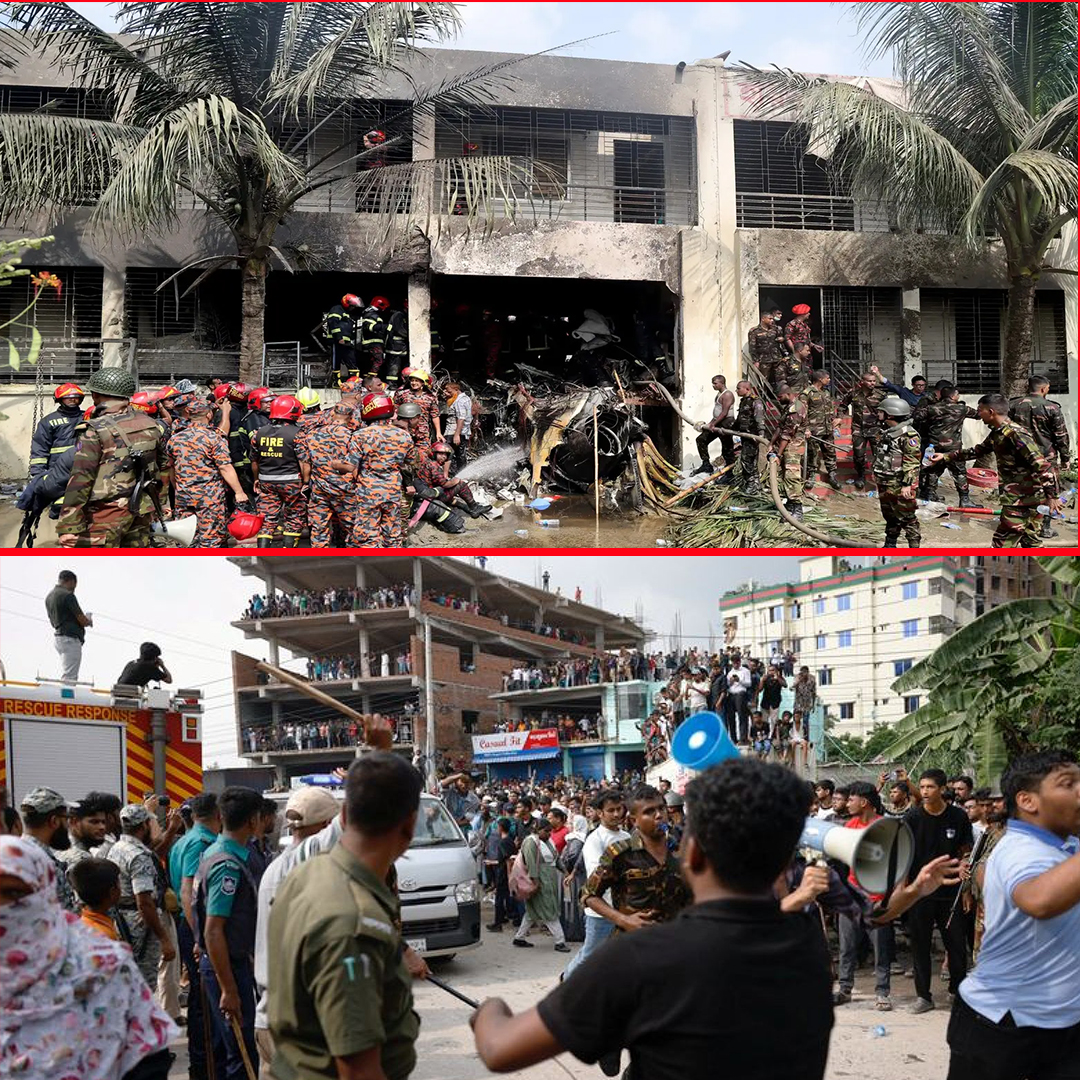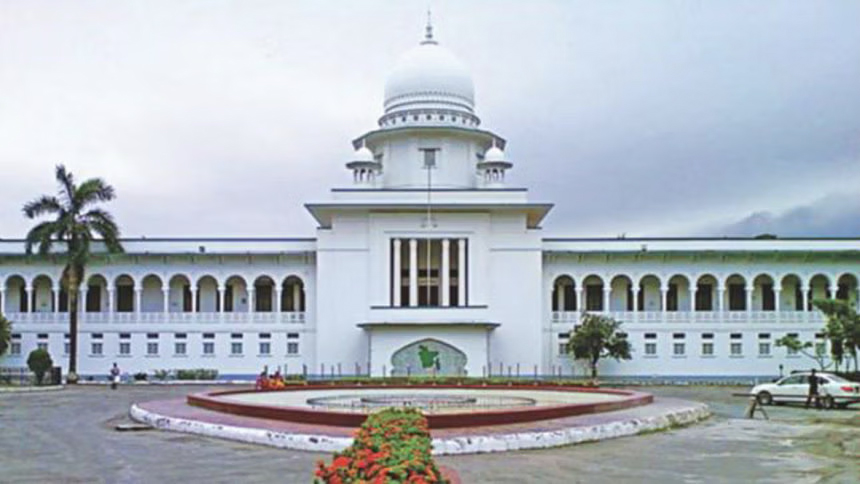
Hitu Sheikh, 44, was convicted and sentenced to death by the Magura Women and Children Repression Prevention Tribunal on May 17, 2025, for the rape and murder of his eight-year-old relative. The incident shocked the nation and prompted widespread outrage, especially due to the brutality of the crime and the young age of the victim.
The crime took place between March 5 and 6, when the child, who had been staying at her elder sister’s home—also the residence of Hitu Sheikh in Nijnanduali Mathpara, Magura Sadar—was brutally assaulted. After sustaining severe injuries, she was initially taken to Magura District Hospital, then transferred to Faridpur Medical College Hospital, Dhaka Medical College Hospital, and finally to the Combined Military Hospital (CMH) in Dhaka. Despite being placed on life support, she died on March 13 after multiple cardiac arrests.
A case was filed on March 8 by the victim’s mother under the Women and Children Repression Prevention Act. Hitu Sheikh was named as the primary accused, along with his wife Jaheda Begum (38) and their sons Ratul (18) and Sajib (20). The police investigation, led by Inspector Md Alauddin, resulted in a charge sheet submitted on April 13. A total of 29 prosecution witnesses were presented during the trial, which was conducted in just 11 working days—making it one of the fastest trials of its kind in the country.
During the trial, Hitu Sheikh gave a confessional statement under Section 164 of the Code of Criminal Procedure. While the court found him guilty and handed down the death sentence along with a monetary penalty, his wife and sons were acquitted due to a lack of evidence. The tribunal’s verdict was widely welcomed by sections of the public, though the victim’s family expressed dissatisfaction over the acquittals of the co-accused, alleging witness intimidation and complicity.
The victim’s mother publicly stated her intention to pursue further legal action against those acquitted, claiming that justice was only partially served. She said, “Hitu didn’t act alone. They helped him cover it up. This is not justice for my daughter.” Her frustration resonated with many across the country, who have followed the case closely since March.
The High Court’s stay on the fine now opens a new phase in the legal proceedings. While the death penalty remains, the admission of Hitu’s appeal signals that the higher judiciary will re-examine both the legal basis and the procedural integrity of the original trial. Legal experts suggest that the appeal could challenge various aspects of the case, including the evidentiary weight of the confession and the absence of forensic corroboration.
Defense counsel, appointed through state legal aid, had argued during the trial that Hitu’s confession was coerced and that there was insufficient physical evidence tying him directly to the assault. They have also hinted that the appeal will cite procedural irregularities, including the unusually short duration of the trial.
However, the prosecution remains confident. “The evidence is overwhelming, and the confession was voluntary,” a state prosecutor said following the tribunal’s May verdict. “We will fight this appeal and pursue further review of the acquittals as well.”
The case has become emblematic of growing public demand for swift justice in crimes against women and children. Since the news of the assault broke in March, public protests, student demonstrations, and civil society movements have kept pressure on the authorities. Human rights groups have praised the speed of the trial but warned against compromising procedural fairness for expediency.
In the weeks following the tribunal’s verdict, vigils, protests, and symbolic funerals were held across the country. Students at Dhaka University organized a candlelight march and a symbolic funeral prayer, while rallies were also seen in Chattogram, Rajshahi, and Rangpur. Social media was flooded with calls for justice, and the victim’s photo became a haunting symbol of the need for stronger child protection laws.
The Magura case is now one of the most closely watched in recent judicial history, not only for its legal implications but also for its societal impact. With the High Court appeal underway, both the prosecution and defense are preparing for what could be a long legal battle.
Whether the original verdict will be upheld in full, modified, or overturned is yet to be seen. But what remains undeniable is the way this case has galvanized public consciousness around the issue of child safety, the pace of justice, and the credibility of the legal system in Bangladesh.
As the legal process continues, many await justice—not only for the victim but for a society that demands accountability and reform.
source : thedailystar


